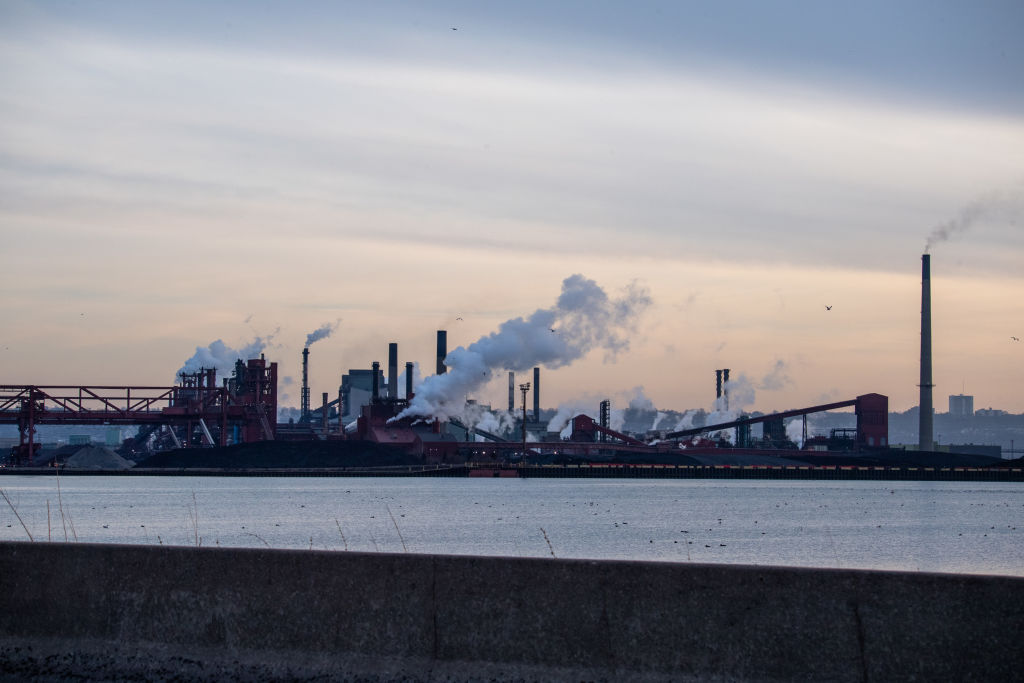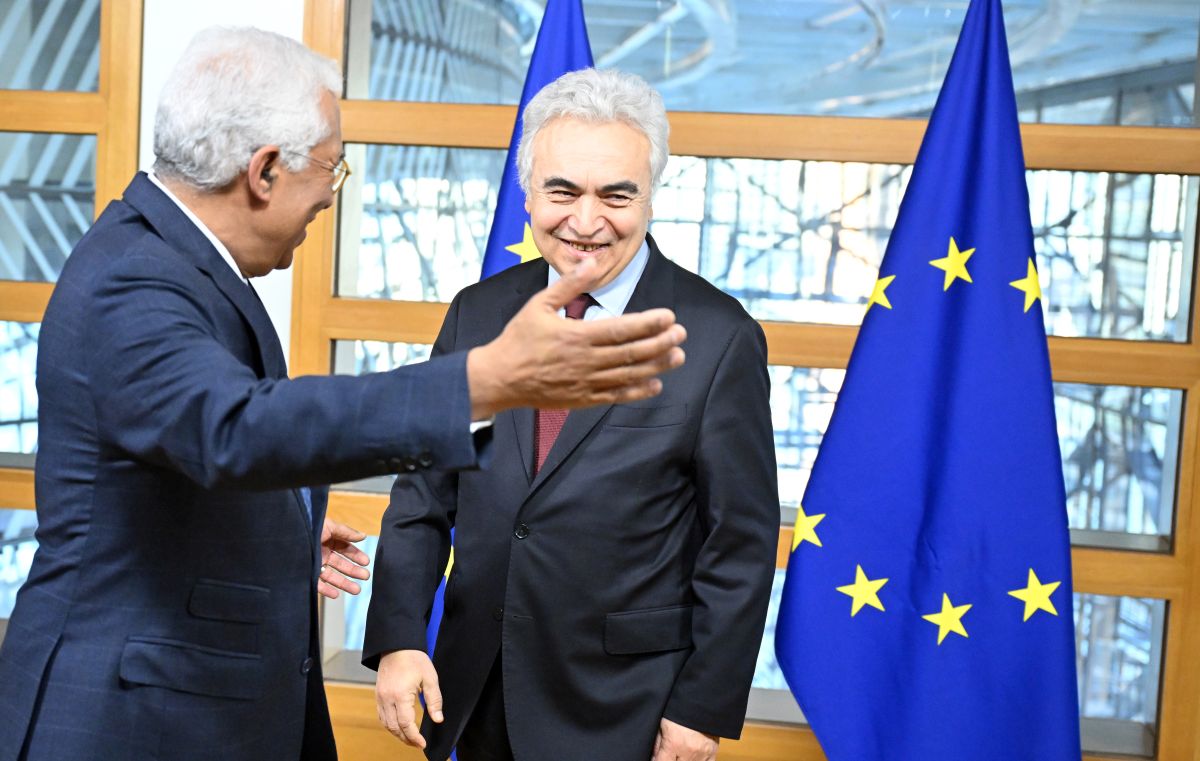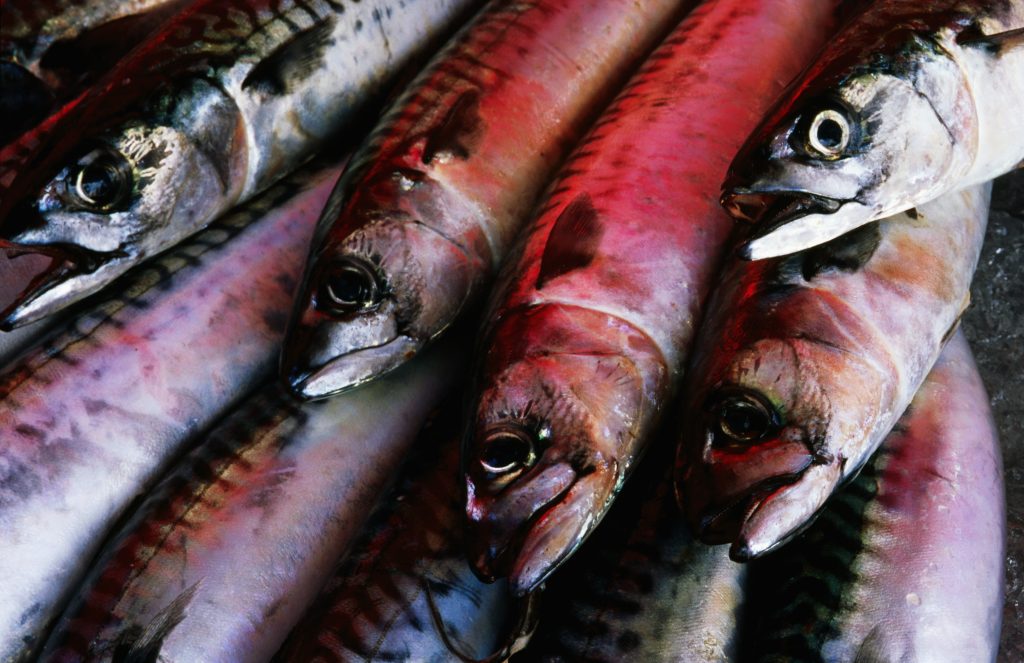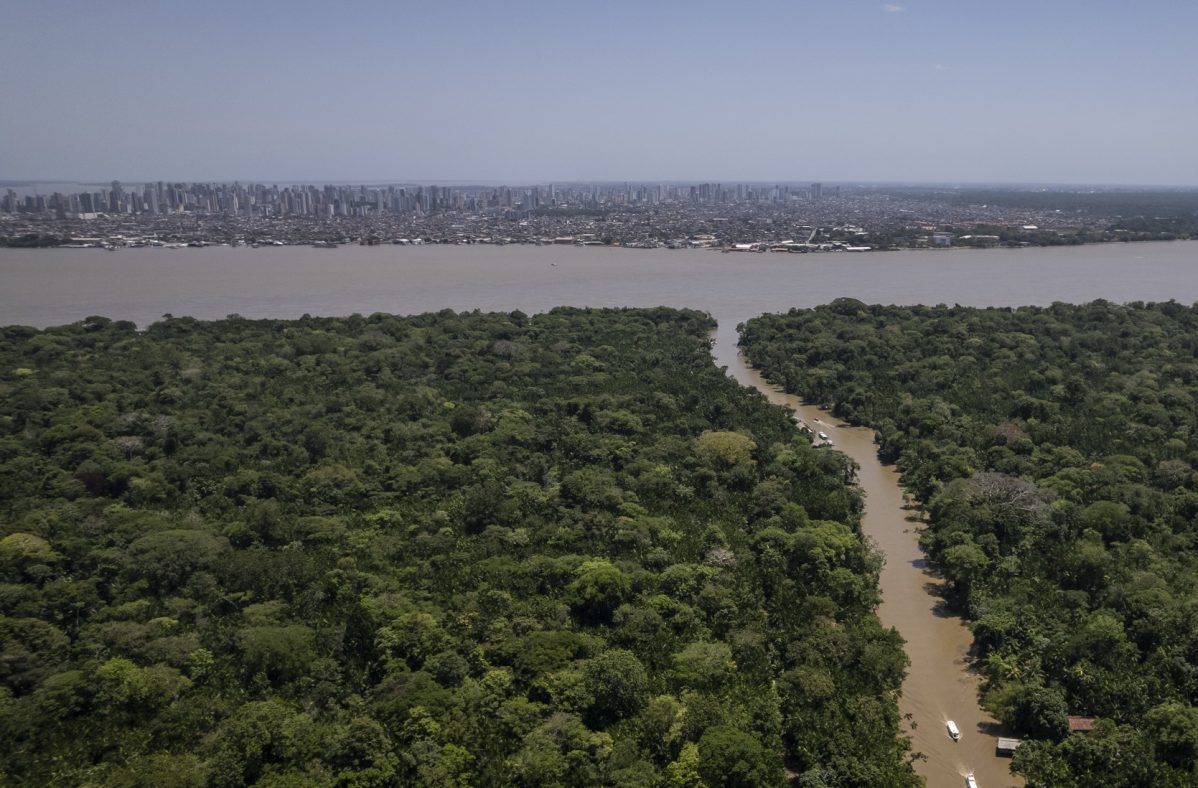Decarbonising road infrastructure is essential for Europe’s green goals
Decarbonising cars is only half the journey; Europe’s real test lies in turning roads into engines of climate progress with intelligent systems
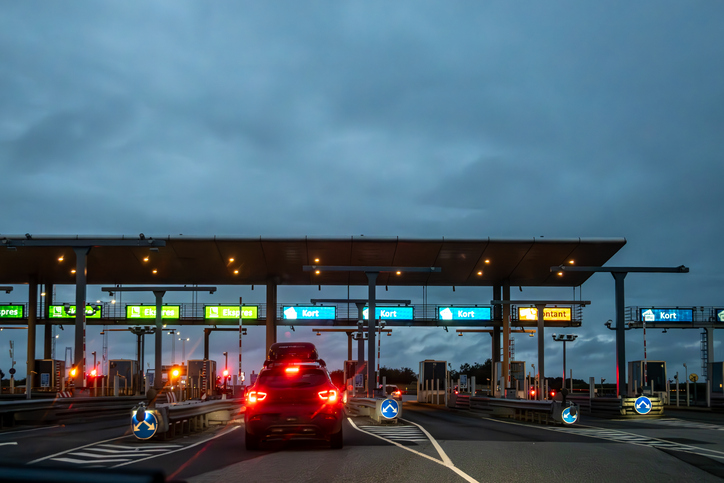
As Europe moves towards its 2050 climate neutrality goal, one sector continues to cast a shadow over the continent’s green ambitions: road transport. Despite progress, cleaner cars alone will not deliver net zero if Europe’s roads remain carbon-intensive.
Road transport is the EU’s largest source of greenhouse gases, responsible for about a quarter of total emissions and nearly three-quarters of those from transport. Under the European Green Deal and the Fit for 55 package, Brussels aims to cut emissions by 55 per cent by 2030 and reach net zero by mid-century.
Central to this plan is the shift to zero-emission vehicles and the 2035 phase-out of new internal combustion engines. Yet any softening of that target risks diverting attention from another crucial element: the decarbonisation of road infrastructure.
The European Association of Operators of Toll Road Infrastructures (ASECAP) warns that even the cleanest vehicles cannot meet the EU’s climate goals if the road infrastructure is not adapted to welcome them. Roads are and will remain the predominant mode of transport in the near future, due to the current higher traffic volumes. It is therefore urgent to foster and deploy green energy and act on the operations side to cut CO2 emissions. As the group puts it, “there will be no climate change limitation and mitigation without fast road transport decarbonisation.”
The missing link in climate action
ASECAP, representing 130 toll road operators managing over 82,000 kilometres of European motorways, argues that Europe’s road network must become a driver – not a drag – on climate action.
In its position paper Tools for Sustainable Mobility Solutions: Reaching Net Zero Carbon Mobility, the association calls for a systemic shift in how the EU tackles transport emissions.
From construction and maintenance to energy integration and digital management, roads themselves must evolve. That means using low-carbon materials, recycling asphalt, generating renewable energy along corridors and adapting networks for electric and hydrogen vehicles.
The next frontier, ASECAP says, is to turn roads into energy assets – equipped with solar panels, induction charging and wind turbines – capable of powering the mobility systems they sustain.
Modernising Europe’s motorways could require investment equivalent to one-fifth of the network’s current value; a cost public budgets alone cannot bear.
Tolling as a green financing tool
ASECAP’s solution lies in a concept as old as European mobility itself: tolling. Far from being a relic, the user-pays model – enshrined in EU law through the Eurovignette Directive – remains one of the most reliable ways to fund infrastructure sustainably.
The association argues that the user-pays and polluter-pays principles should anchor Europe’s mobility transition. By linking road use to environmental impact, tolling both finances decarbonisation and internalises pollution costs.
This ensures the transition does not depend on public spending or increase national deficits already under strain.
ASECAP also urges the EU to recognise tolling and Intelligent Transport Systems (ITS) under the EU taxonomy for sustainable activities, which defines what qualifies as ‘green’ investment. Inclusion would unlock private capital and allow operators to contribute more effectively to Europe’s climate goals.
“Technology is still the missing piece of the sustainability strategy,” ASECAP notes, arguing that combining tolling with digital innovation can turn motorways into low-carbon mobility services.
Smart pricing, real-time traffic management and connected vehicles can all cut congestion and energy use, amplifying the benefits of cleaner transport.
The risk of policy backsliding
As the 2035 fossil-fuel car phase-out faces political pressure, experts warn the debate must not slow down infrastructure decarbonisation. Even if the vehicle transition timeline shifts, the need for cleaner, smarter roads remains.
Legal uncertainty around concession renewals and calls to scrap tolls in some member states could undermine progress. Spain’s 2021 decision to abolish tolls on more than 1,000 kilometres of motorway has already led to higher congestion, greater emissions and increased maintenance costs for the state.
ASECAP says such reversals contradict the Green Deal’s core principles. Free roads are not free, it argues – they come at a cost: in public debt, pollution and lost opportunities for innovation.
A broader mobility transition
Decarbonising road transport extends beyond vehicles and infrastructure – it reshapes mobility itself. ASECAP envisions suburban corridors redesigned for high-occupancy and collective modes, such as carpooling, express buses and autonomous shuttles.
Combined with intermodal hubs and digital ticketing, these measures could reduce congestion, emissions and social inequality by improving access for commuters in underserved areas.
In that sense, the decarbonisation of roads is also about the democratisation of mobility. Cleaner, smarter infrastructure can connect regions more efficiently, balancing economic opportunity with environmental responsibility.
A decisive decade
Europe’s road to climate neutrality runs through the asphalt of its motorways. Whether powered by electric batteries, hydrogen or synthetic fuels, the vehicles of the future will still rely on the resilience and sustainability of the roads beneath them.
The coming decade will decide whether Europe’s infrastructure keeps pace with its ambitions. In ASECAP’s words, “Financing better, safer and greener road transport will not happen without tolls.”
As the Green Deal enters its implementation phase, the message from Europe’s road operators is clear: without road decarbonisation, the EU cannot decarbonise.
(BM)

